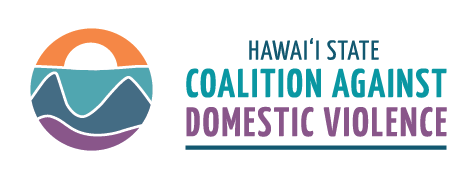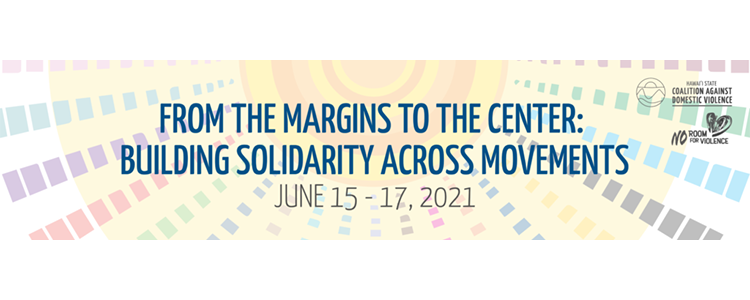8:00am-9:15am
Spiritual Abuse: Frequently Utilized, Difficult to Identify
Rev. Al Miles & Clara Priester
Spiritual abuse involves the misuse of divine beings, sacred texts, and cultural, familial, religious, and societal practices and teachings to encourage, justify and proclaim male entitlement and male privilege and to promote female subjugation. It can be overt or subtle in nature and, frequently, is difficult to identify.
Learning Objectives
- Articulate a working definition of Spiritual Abuse
- Identify spiritually abusive tactics and how these are used against victims-survivors of domestic violence
- Utilize practical steps when dealing with victims-survivors and offenders of spiritual abuse
-
9:30am-10:45am
Assessing Risk Of Homicide Or Near Lethal Violence In Collaboration With Survivors – Centering Their Experiences
Dr. Jacqueline Campbell
This session will introduce advocates, activists, and DV Service Providers to using the Danger Assessment in collaboration with survivors as a basis for safety planning. The Danger Assessment (DA) with its calendar is a way to help DV Survivors gain an accurate assessment of their risk of homicide or near-lethal violence from their abusive partner and how to reduce that risk. The session will also introduce the DA-I (DA for Immigrant women) the DA—Circle for Indigenous women, the DA-R for women in same-sex relationships, and the myPlan app that contains the DA. Attendees will be qualified for certifications in the DA and will receive instructions on how to obtain.
11:45am-1:00pm
Engaging Men & Boys
Athletic coaches play an extremely influential and unique role in the lives of young men. Because of these relationships, coaches are poised to positively influence how young men think and behave, both on and off the field. Coaching Boys Into Men (CBIM) is the only evidence-based prevention program that trains and motivates high school coaches to teach their young male athletes healthy relationship skills and that violence never equals strength. In this workshop, we will present an overview of the CBIM program as well as discuss salient questions, such as; What’s the benefit of a program targeting student-athletes? Why utilize coaches to implement the program? What is the history of CBIM and how do we know it works? Can this program help my community?
1:15pm-2:30pm
Navigating Conflict: Elevating Emotional Safety And Relational Repair
Cathy Cave
Conflict can arise from differences or disagreement in values, motivations, perceptions, understandings, ideas, or desires. Sometimes these disconnections seem like small things, but when conflict co-exists with strong feelings and traumatic experiences, the concerns become large, and the stakes for survivors can be very high. Often, survivors’ sense of safety and staffs’ capacities to offer effective support are at risk. This workshop will offer an approach for conflict mapping and strategies to support resolution and relational repair.
Learning Objectives
- Participants will contribute to the discussion about conflict as it shows up in their work.
- Participants will explore the source and nature of conflict using a conflict mapping resource.
- Participants will consider strategies to effectively navigate conflict through prioritizing emotional safety.
- Participants will gain strategies to promote restoration and relational repair.
-


